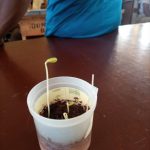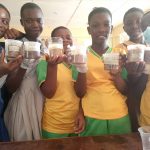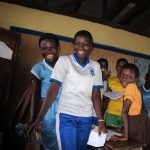Design Challenge Connects The School Room To The Real World
Full piece here: https://www.modernghana.com/news/780376/beyond-basic-school-walls-design-challenge-connects-the-sch.html
“Why do I have to study this? How does this help my community? What kind of employment would need this?”
These are questions that students often ask, especially when they pertain to science, engineering, mathematics and technology, or STEM. Most of the time, students do not get very good answers, and so the standard chew and pour ensues.
As BECE is ongoing this week, it is the responsibility of educators to consider what we expect of our students beyond passing exams. It is essential for all citizens looking to a brighter future for our youth and for the country to make sure that potential scientists, engineers, inventors do not languish for want of a lifeline that links theory to practice, textbooks to the real world.
Events on a recent Saturday showed how a collaboration between schools, NGOs, professionals and university students can create meaningful learning experiences that make just such a difference.
More than 100 STEM enthusiasts, including 50 student in basic school representing the finalist teams, arrived at Accra Technical University (ATU) on 13th May to attend the #SolveforGhana design challenge, created by The Exploratory, a local NGO. Excited teachers and head teachers, mentors from NSBE (National Society of Black Engineers) Ghana, coaches from ATC Tower (Ghana) Ltd and Young at Heart Ghana, and esteemed judges filled the room.
Five teams were present: Unique and Radical from Accra, Pluto from Pokuase, Victors from Berekuso and Anointed Orbit from Nsawam. These student teams were selected from the preliminary event the week previous, from more than 600 students in 16 government schools where The Exploratory clubs conduct weekly clubs. The goal of the design challenge was to address dumsor, power outages that affects students like themselves, and their ability to study. Introduced to brainstorming and prototyping techniques and guided by mentors, teams came up with unique concepts and 3D draft models to create a viable solution to present for adjudication.
Speaking after the preliminary event, Henrietta Boateng, a primary teacher at the Pokuase D/A School, said, “I am surprised by how students were able to bring ideas and their knowledge together to create something that can help the community. This makes me happy as a teacher”.
On the day of the final, student teams had to create functioning prototypes and a presentation to explain their invention in 4 hours.
Excited at the prospect of breaking out of traditional modes of learning and assessment, and given the chance to solve a problem relevant to their lives, the students went to work. Limited by the resources at hand, student teams had to make on-the-spot decisions. Should the windmill be made from plastic, or paper? What’s the best way to modify (hack) the wrist watch and attach the solar panel and LED to it? How should the copper plates at hand be arranged as part of the electrodes to make a functioning salt water battery? Students were clearly devoted to their projects, evidenced by the inattention to the snacks and lunch that were offered.
In between building prototypes and presenting their solutions, students heard from the keynote speaker, Lucy Quist, CEO of Airtel Ghana. Mrs Quist, an engineer by training and a passionate champion for STEM, made the case that each of the ten regions in Ghana has resources and assets that can be enhanced by STEM. In contrast to what students are typically asked to do in school, Mrs Quist encouraged students to use their imagination and knowledge to create something of which their region would be proud.
The final segment consisted of demonstration of the prototype created, accompanied by an oral presentation and followed by Q&A from each team. Instead of providing memorized answers as they might on an exam, students had to think on their feet, demonstrate their understanding, substantiate their answers, and recognize their own gaps in knowledge, as they fielded questions from the judges and peers about the sustainability, practicability and usability as well as shortcomings of their own design.
Instead of faceless examiners, students exchanged ideas with esteemed judges that represented a range of backgrounds and sectors, including Richard Quansah, Nsawam Science Coordinator in Nsawam district; Lucy Quist; Saddik Mohammed, Ghana Association of Science Teachers Chair; Imoro Abdulai, NSBE Ghana President; and Dr. Emmanuel Oman, Professor of Engineering, Accra Technical University.
The aptly named Team Victors from Berekuso was awarded first prize for their design: a simple, practical and user-friendly Light Box which allowed two students to study at the same time, adorned with the colors of the flag of Ghana, and a black star. The students and their mentors were elated, of course!
“The design challenge gave club members a chance to think about how to help solve a problem that is overburdening individuals, their communities and the nation,” said, Rosemond Acheampong, science teacher at Mateheko 1 JHS in Accra.
Indeed, research suggests that youth are more inclined towards STEM when the subjects are not an ends to themselves, but presented as tools to uplift communities. This applies especially to girls, and others who do not view themselves as likely candidates for STEM studies and professions.
“The art of problem solving is the most important skill Africa needs,” said Charles Antipem Ofori, a key thought partner in developing the #SolveforGhana Challenge, the founder of DEXT, and inventor of the science set used in the events. “The design challenge presented this skill in a simple way that effectively engaged students and mentors.”
Thus, the true winners of the design challenge are Ghana and her citizens.





